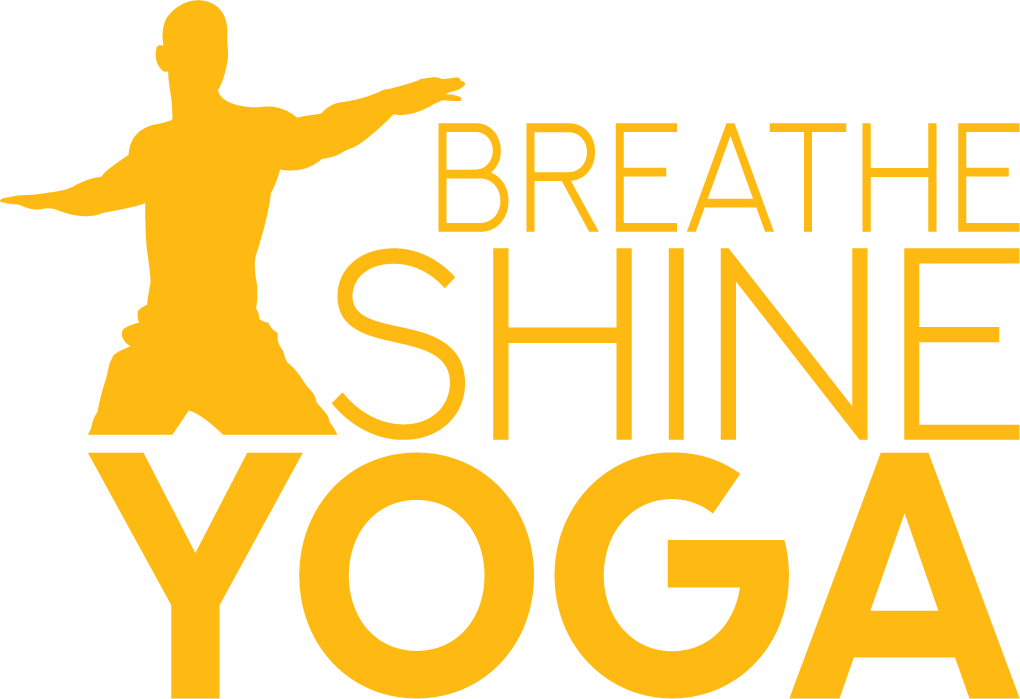
When bouncing back – and striving – from (apparent) misfortune is been made possible by auspicious forces that seemed unlikely to even exist – something often named “Divine” by the faithful one. (Faith here refers to the inclination to believe in and surrender to the existence of something instrumental in the unfolding of our life that is greater than our own limited perceptions and thoughts.
The skills acquired through managing self-induced stress in yoga practice on the mat can serve as powerful tools for navigating life’s challenges with grace and resilience. The essence of these skills lies in mindfulness, breath control, and the cultivation of a positive mindset.
On the yoga mat, practitioners learn to be present in the moment, focusing their attention on breath and movement. This mindfulness practice becomes a cornerstone for managing stress off the mat. By bringing this awareness into daily life, individuals can navigate through various situations with a heightened sense of presence. When faced with challenges, the ability to stay fully engaged in the present moment allows for a clearer perspective and more effective decision-making.
Breath control, a fundamental aspect of yoga, is not limited to the mat. Conscious breathing techniques learned in yoga, such as deep belly breathing or pranayama, can be employed during stressful moments in daily life. Deep, intentional breaths help activate the body’s relaxation response, calming the nervous system and promoting a sense of equilibrium. This controlled breathing becomes a valuable tool to manage stress in real-time, fostering resilience in the face of adversity.
Moreover, yoga encourages a positive mindset by emphasizing self-compassion and acceptance. On the mat, individuals learn to acknowledge and work with their limitations, promoting a non-judgmental approach. Translating this attitude into daily life allows one to navigate challenges with a more open and constructive mindset. Instead of viewing difficulties as insurmountable obstacles, individuals can approach them with a mindset of growth and adaptability.
The physical strength and flexibility developed through yoga practice also contribute to build resilience. As practitioners learn to move through challenging poses on the mat with sustained awareness of how their thoughts affect the breath and their whole body, they simultaneously cultivate a sense of inner strength and chose equanimity. A cultivation of qualities that can be drawn upon in everyday life when stressful conditions from the external environment come to trigger our stress response… This newfound resilience enables individuals to face setbacks with a positive outlook, understanding that challenges are part of the journey.
The skills honed in managing self-induced stress on the yoga mat seamlessly transfer to daily life, empowering individuals to navigate life’s situations with grace, mindfulness, and resilience. The integration of these practices into everyday routines fosters a holistic approach to well-being and contributes to a more balanced and fulfilling life.
Sharing practices and information that help people live more connected to their aspirations and take inspired action…

